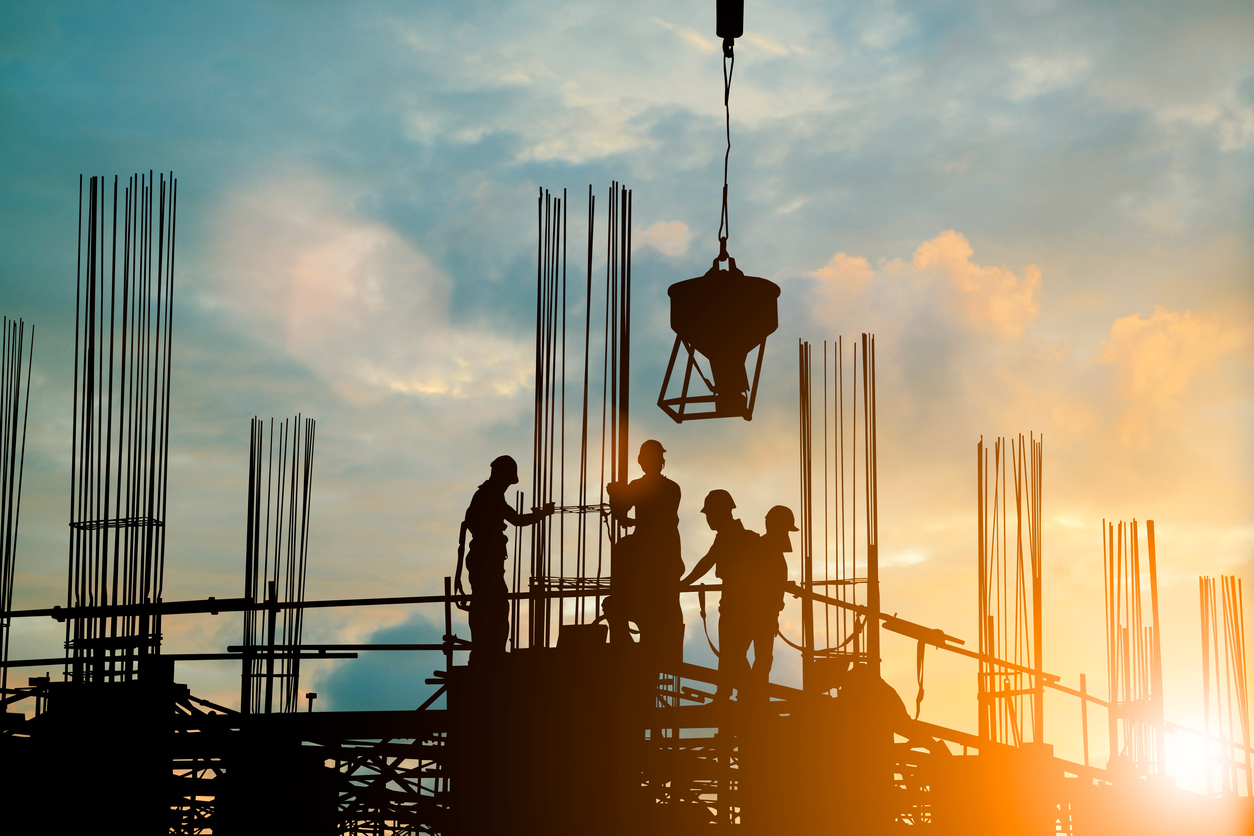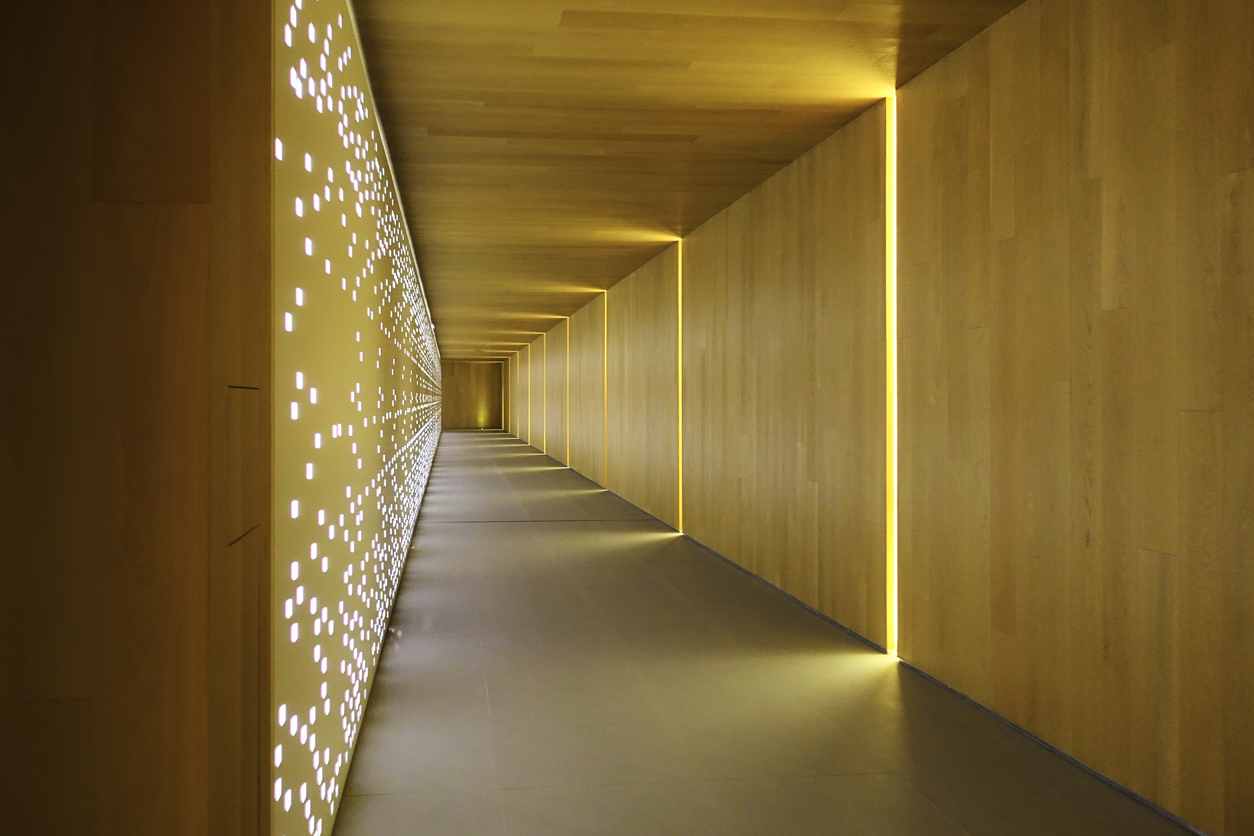How to Deliver a Successful Hotel Project in 4 Steps
As the hotel market in Australia grows to meet consumer demand, developers and project teams need to understand the intricacies of the industry in order to deliver not only viable, but successful hotel projects.
Consumer demand for hotels are rapidly changing, and the viability of hotel projects now lies in their level of adaptability and adoption of new technologies. Both of these aspects ensure that the project is adequately prepared for the future and able to continue to succeed.
According to Probuild construction director Matt Beveridge there are four main aspects that development teams must consider when creating their hotel projects: Considering the end-user experience, choosing the right construction partner, creating a team that thrives on collaboration and understanding what the future holds for the market.
Probuild is Australia's most active hotel builder, with more than 1,200 hotel rooms currently under construction.
“From a hotel project's conception, the development and hotel operation teams must work together to deliver an asset that meets end-user expectations when completed and will be adaptable into the future,” Beveridge said.
In order to deliver a viable hotel to market, here are the four key considerations for developers and hotel operators:
End-User Consideration

Considering the end-user when developing a hotel project is critically important – especially when hotels are focused on gaining repeat customers, exclusive business travellers, international tourists and local tourists.
“Based on their target market, developers need to focus on who will be staying in their hotel, and deliver an overall guest experience that ‘speaks’ to those guests. That’s what will ensure that they keep returning to the hotel,” Beveridge said.
“For example, if a project is targeting business travellers, something as simple as a check-in through a business portal and minimal time spent doing administration would make the experience extremely positive for the guest.”
Considering the end-user when creating a hotel project ensures that when the hotel is on the market it becomes a place where consumers want to be, and want to return to.
Builder Selection

Since construction represents the major cost of a development, it seems obvious that choosing the right construction partner for a hotel project is imperative.
Developers need to choose a builder that will both balance the needs of the end-user, hotel operators and guests, while maintaining the commercial viability of the project.
“Finding a builder with a deep understanding of hotel operations, design management and supply chain management can keep a hotel project on the right track from conception to delivery,” Beveridge said.
“Choosing an experienced builder that has delivered similar projects to what a developer is conceptualising is integral, and development teams should be looking for a builder that understands the hotel market, it’s relevant trends and what makes a project successful from a developer/operator’s point of view.
“One way for developers to narrow down their choice in builder is to look for construction companies with Tier-1 capabilities that are driven by experienced people with a track record for success. Companies with these credentials provide the highest-quality service in the industry, which can be the key difference between a project delivered on time or one that gets delayed.”
If a developer is looking to deliver a luxury hotel to the market, they need also look for a construction partner that has experience delivering these premium products.
“Premium hotels require premium finishes, and a builder that has access to the best suppliers is crucial to delivering the right product to market. Developers should be looking to partner with builders who have existing relationships with suppliers recognised for high quality outcomes and are able to source the highest quality materials.”
Project Team Collaboration

Delivering a successful hotel project relies heavily on ensuring that each member of the development and operational team – from the client, the hotel operator, the operations team (including food and beverage and information and communication technology teams), the builder and every consultant – are willing to collaborate at each stage of the project.
“It is imperative that a hotel project has strong collaboration between the three main stakeholders: the developer, the hotel owner/operator and the builder. The construction team are integral to the stakeholder management process and ensuring that everyone is brought together in order to achieve the best results for the project,” Beveridge said.
“This collaborative approach is what will ensure the project runs smoothly from start to finish and has the potential to increase the project’s speed to market. Finding a construction partner that has stakeholder management at the core of their services is crucial to ensuring a smooth build phase.
“All stakeholders in the project team should be meeting regularly to ensure that everyone is completely informed about the progress. These meetings can be used to eliminate any project bottlenecks and clarify any upcoming deadlines or decisions that need to be made – effectively and seamlessly moving the project forward.”
The Future of Hotel Projects

Future proofing a hotel project is a crucial part of delivering a viable asset, and in order to do this a development team must understand what the future of the hotel market looks like.
Unlike other development markets – such as residential and industrial – the hotel market relies heavily on innovative project approaches to ensure viability into the future, which is why consideration must be given to technology, flexibility, adaptability and end-user experience.
“In the future, we’re going to see more boutique hotel developments coming up in areas where traditionally hotels haven’t been considered – for example, places like retail centres, the city fringe, in residential growth areas and health precincts will begin to house sought-after hotel projects,” Mr Beveridge said.
“We’re also seeing more new brands arising that are focused on delivering experiences with a clear point of difference for consumers, and this is creating projects that are themed around lifestyle, health or directly in tune with their local surroundings. This allows developers and hotel operators to successfully target their desired end-user.
“But, the future for hotel developments is also going to rely on technology and delivering projects that are centred on flexibility and adaptability.”
Common areas in hotels will need to be prepared to adapt to a number of uses depending on end-user needs. Alongside this, as technology continues to progress, hotel operators will need to be able to adapt to new technology requirements to ensure they’re consistently offering the best guest experience for their end users.
The Urban Developer is proud to partner with Probuild to deliver this article to you. In doing so, we can continue to publish our free daily news, information, insights and opinion to you, our valued readers.















